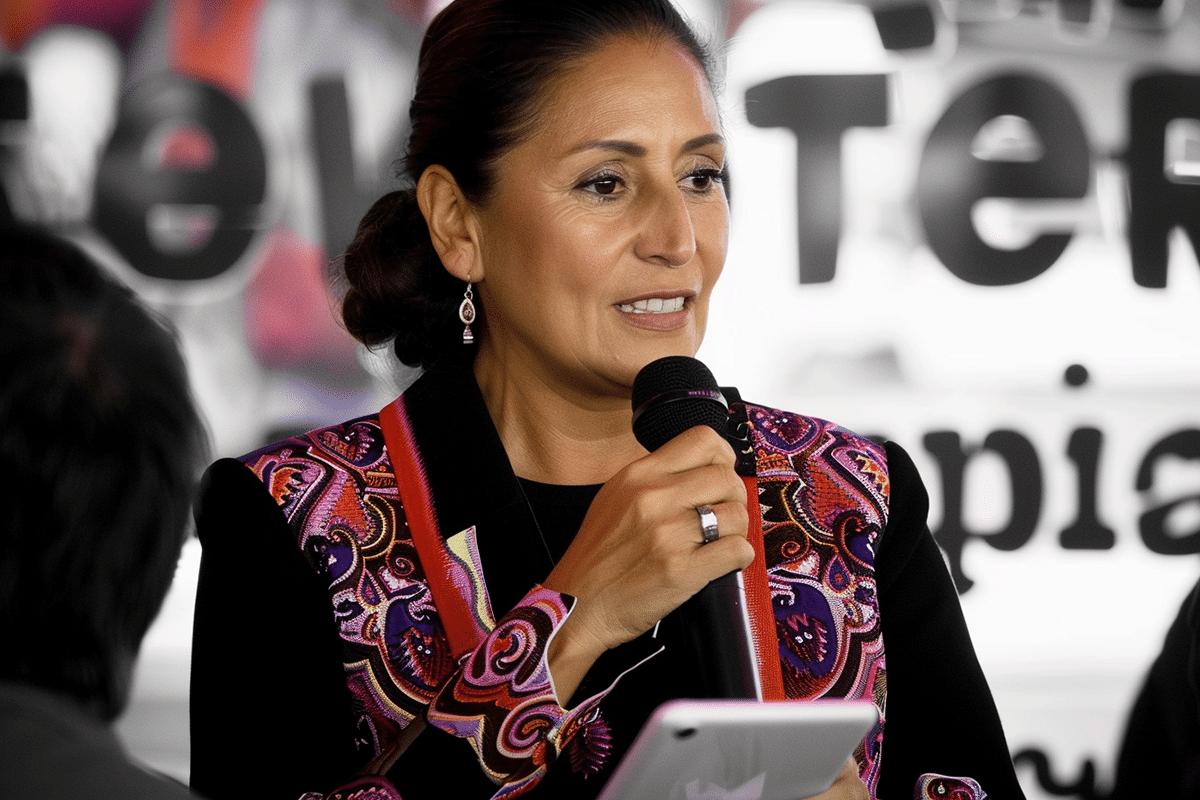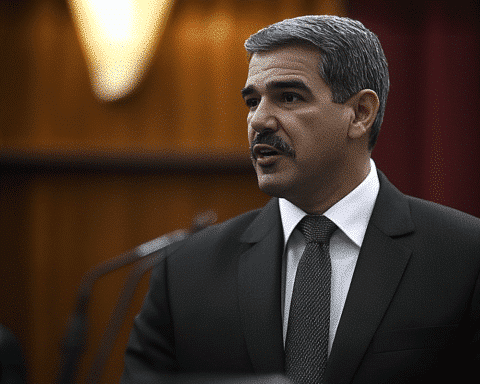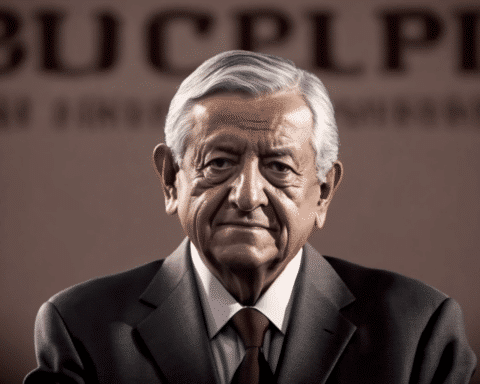Incoming Mexican President Claudia Sheinbaum has unveiled survey results commissioned by her political party, indicating widespread public approval for controversial judicial reforms. Conducted by respected Mexican pollsters Enkoll and De Las Heras Demotecnia, the surveys involved face-to-face interviews with thousands of voters across Mexico between June 14 and 16.
Sheinbaum, set to assume office on October 1, presented these surveys as informational tools, urging the public to analyze the results independently. Critics, however, argue that the surveys serve more as a public relations tactic to garner support for legislative changes proposed by Sheinbaum’s party, Morena.
The proposed reforms, part of Sheinbaum’s agenda following in the footsteps of her political mentor, President Andrés Manuel López Obrador, include significant alterations to Mexico’s judicial system. Key reforms aim to introduce mechanisms such as electing judges and instituting new mandates, despite previous judicial blockades against similar initiatives.
López Obrador, known for his use of public surveys to validate policy decisions, notably canceled the $13 billion Mexico City airport project based on survey results that favored its termination. He has also utilized surveys to support his pet project, the Maya Train, which traverses the Yucatan Peninsula.
Despite their informational nature, surveys conducted under Sheinbaum’s direction through Enkoll and De Las Heras Demotecnia polled participants on various aspects of the proposed reforms. Questions included whether participants were aware of the proposed changes and their perceptions of corruption within the current judicial system.
According to Morena, nearly nine in 10 respondents expressed support for establishing an independent body to investigate and hold judges accountable for acts of corruption. These findings underscore Sheinbaum’s assertion of broad public backing for the reforms, despite skepticism from critics and international observers.
The United States has signaled concern regarding the transparency of Mexico’s judicial overhaul, particularly its potential implications for American investors and companies. Brian Nichols, U.S. Assistant Secretary of State for Western Hemisphere Affairs, emphasized the importance of transparency in the reform process, while U.S. Ambassador to Mexico Ken Salazar reiterated that the structure of Mexico’s judicial system is ultimately a matter for the Mexican people to decide.
Critics within Mexico have raised questions about the validity and intent behind the surveys, citing past instances where public consultations influenced policy decisions. They argue that while public opinion is important, it should not replace rigorous legislative debate and constitutional checks on proposed reforms.
Sheinbaum’s presentation of the survey results comes on the heels of Morena securing a two-thirds majority in Congress in the June 2 elections, positioning the party to push through constitutional changes. These changes are expected to include reforms to judicial procedures, which have historically faced resistance from Mexico’s judiciary.
As Mexico prepares for a transition of power from López Obrador to Sheinbaum, the debate over judicial reforms promises to remain contentious. While supporters see an opportunity to enhance accountability and transparency within the judicial system, critics caution against hasty reforms that could undermine judicial independence and constitutional protections.
The coming months will likely see intense legislative debates and public scrutiny as Sheinbaum’s administration seeks to implement its agenda amid domestic and international scrutiny. The outcome of these efforts will not only shape Mexico’s judicial landscape but also influence perceptions of democratic governance and rule of law in the region.




